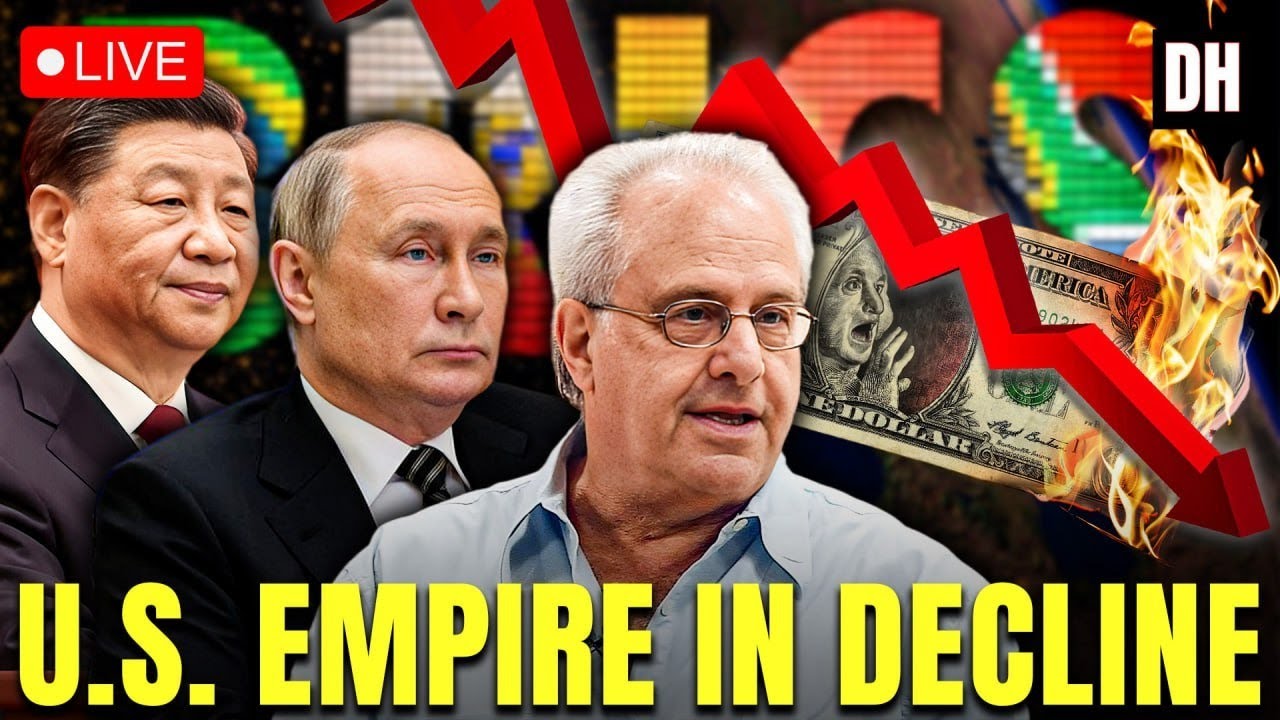I'm not an economist, I can't really tell you why that's what they do
I'm not an economist either but this one isn't that hard to figure out. A socialist state won't require all its SOEs to operate that way but it also obviously won't object if some of them do make a profit, since that can be used to offset some of the losses of the unprofitable SOEs.
This has always been a part of how socialist economies work. Even the USSR had some form of this iirc. The idea was that consumer goods industries were more "naturally" profitable and could be used to prop up the essential but less profitable heavy industries. (I'm simplifying here as i don't necessarily want to get into a whole discussion about the Kosygin reforms.)
This is a core idea of economic planning, that one part of the economy can balance and support another for the good of society rather than forcing every element of the economy to function as its own isolated entity competing against all others.
This is one of the features that distinguish economic planning from liberal market economies which require each individual enterprise to turn a profit (and ideally more so than it's competitors if it wants to survive long term).



























I don't follow this sort of drama and i am perfectly happy that way. But when I hear about this sort of stuff i do wonder how it is that i have never heard of these sorts of problems in or around Lemmygrad. It's not as if we all agree on everything, i know there are definitely some ideological as well as tactical disagreements now and then, but for some reason it never devolves into this kind of sectarian drama.